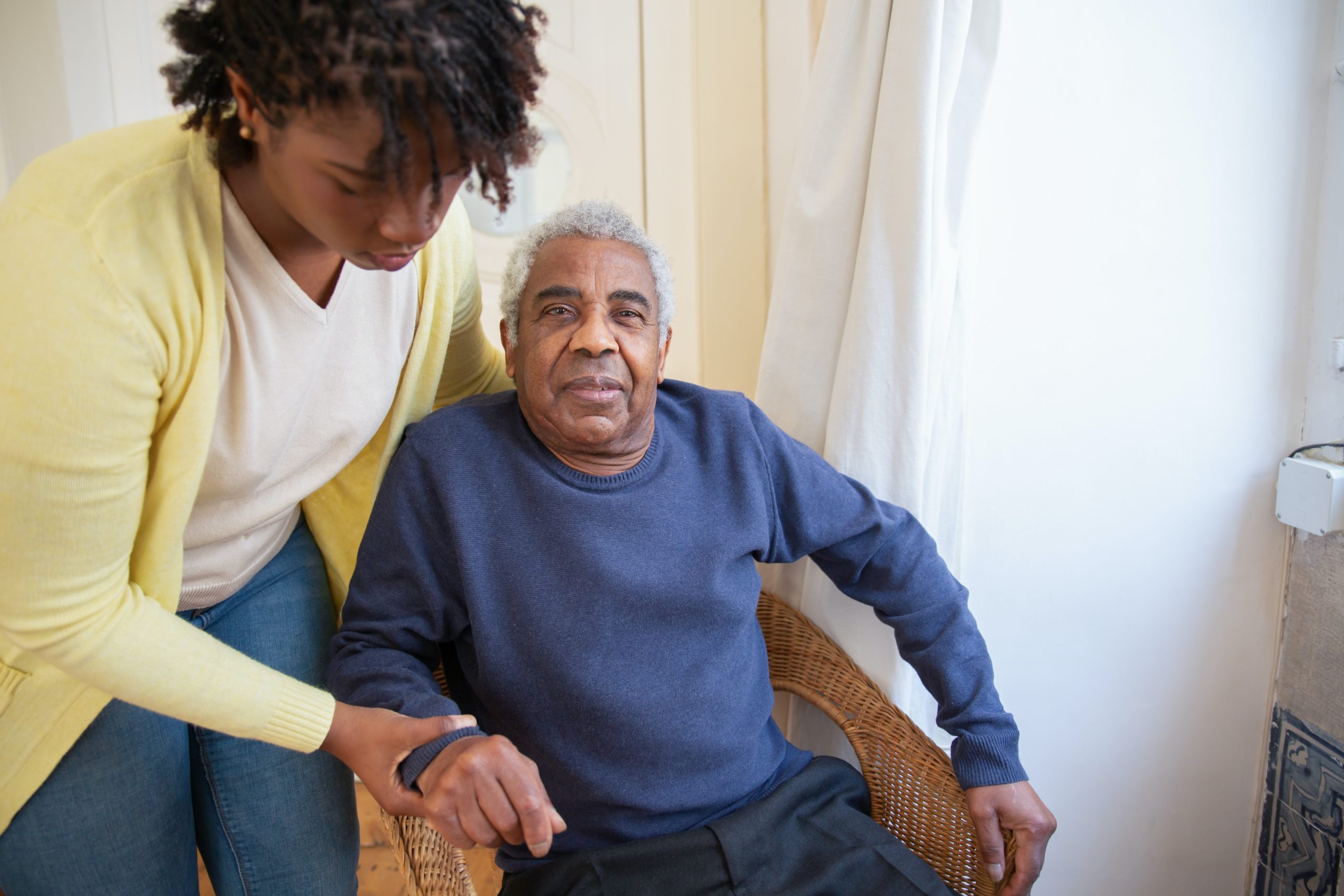Deciphering the nursing auxiliary diploma : A journey to the heart of training

In the vast, complex and multidimensional world of healthcare, the role of the care assistant is of vital importance. Occupying a unique position at the crossroads between doctors, nurses and patients, these care professionals are much more than mere executors. They are the link, the hyphen that ensures the fluidity and continuity of care.
A commitment to life
The aspiration to become a care assistant is often motivated by a vocation, a deep desire to help and support others. Even before immersing themselves in training, these individuals already possess a heightened sensitivity to the needs of others, a quality that is indispensable in the healthcare sector.
Solid theoretical training
Training to become a care assistant is well structured to ensure in-depth knowledge of the fundamental principles of health. Students are introduced to anatomy, physiology and the various pathologies that can affect human beings. They also learn about the basics of care, prevention and hygiene, providing a solid theoretical foundation.

Essential practical immersion
As well as theory, the nursing assistant course emphasises practice. Through placements in hospitals, clinics or specialised facilities, students learn to apply their knowledge. These periods of immersion enable them to acquire the skills needed to interact with patients, understand their needs and provide them with the best possible care.
The importance of soft skills
In addition to technical skills, the nursing assistant course aims to develop "soft skills". These include the ability to communicate, show empathy, work as part of a team and manage stress. These skills are crucial in an environment where people are at the centre of everything.
Recognised certification
After several months of intensive learning, students are awarded the nursing auxiliary diplomaThe nursing assistant course is both demanding and rewarding. The nursing assistant course is both demanding and rewarding. It combines theoretical knowledge, practical experience and personal development to produce competent, dedicated professionals.
In the world of healthcare, their role is invaluable, as they are often the patient's first contact with the medical world. This training ensures not only the quality of care, but also the well-being of patients.
